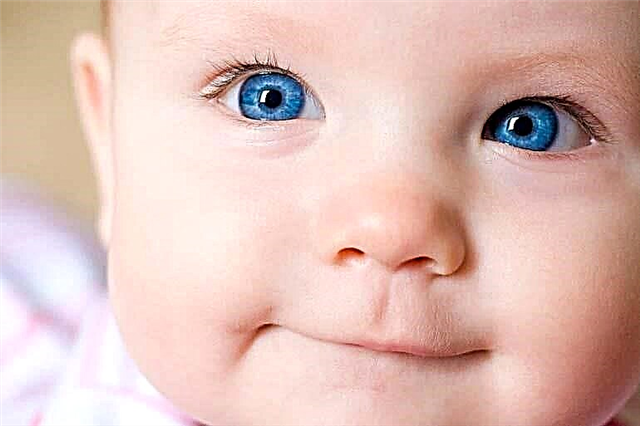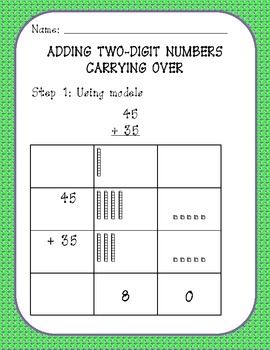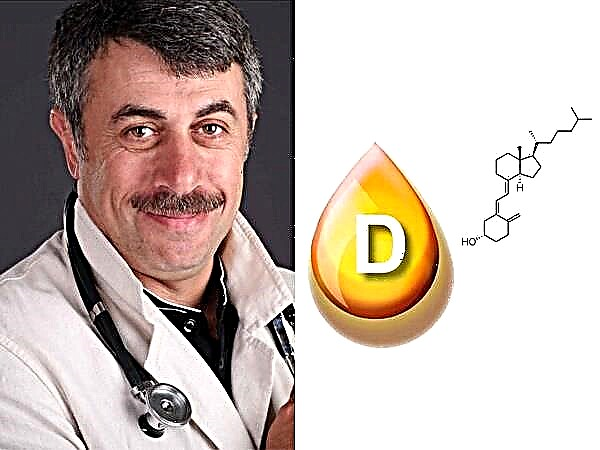
The female breast is a very sensitive part of the body, and it can respond with a variety of pain sensations to a variety of changes in the condition of its owner. Ovulation is one of the important processes of the cyclical work of the female body, and it is not surprising that the state of the mammary glands changes during this period of the cycle. This article tells about what is considered the norm, and in which case to consult a doctor.
Causes of pain
The main reason for pain during ovulation and immediately after it lies in the fact that the mammary glands respond to hormonal changes. The entire process of the female cycle and ovulation in particular is regulated by hormones, which are present in different amounts and proportions on different days. Thanks to them, ovulation occurs. The glandular tissue of the mammary gland is designed in such a way that it responds vividly and quickly to changes in hormone concentrations, especially sex hormones.

Before ovulation, a woman's body has an increased level of estrogen. The follicle on the ovary with the egg inside grows in the first half of the cycle with the help of the FSH hormone. Follicle-stimulating hormone, like estrogen, does not have a pronounced effect on the glandular tissue. But the luteinizing hormone, which rises sharply literally 1-2 days before ovulation and provokes follicle rupture, is perceived by the glands differently. That is why it can be observed that before ovulation, the breasts slightly increased in size, swollen, the nipples became more sensitive.
After ovulation, the "adventure" of the mammary glands does not end. With the release of the egg, estrogen and LH levels drop sharply, but they are replaced by another female hormone - progesterone. Under its influence, the woman's body begins to prepare for motherhood. It does not matter whether there was conception or not, progesterone is still produced by the corpus luteum, which is formed from the membranes of the ruptured follicle.

The hormone prepares the endometrium of the uterus for possible implantation of the ovum, it reduces immunity so that the embryo has a chance to survive without being destroyed by the immune cells of the mother's body. Progesterone also acts on the glandular tissue, causing the ducts to expand, and therefore, in many women, the breasts remain slightly enlarged after ovulation until the next menstruation.
If there was no conception, the corpus luteum will die after 11-13 days, and the production of progesterone will stop. Menstruation will begin, and the state of the mammary glands will return to the original state in which they were before all the hormonal changes in the cycle. Everything will repeat itself in the next cycle.
Chest pain, tingling, nipple engorgement is a rather individual reaction to hormonal changes. Some women have such complaints every month after each ovulation, others - nothing of the kind is noted. It depends on the organization of the central nervous system, and pain is usually experienced by women who have a low pain threshold.

If usually the breast does not bother, but in this cycle it became ill after ovulation, it is necessary to clearly determine in what period of time this happened.
- If immediately after ovulation, this cannot indicate pregnancy and only suggests that, perhaps, the corpus luteum in this cycle produces a little more progesterone than usual.
- If a week after ovulation, there is a possibility that conception has taken place, the breast may react to another hormonal change - the beginning of the production of chorionic gonadotropin produced by the chorionic villi after implantation.
- If the chest hurts a few days before the expected period, the reason may lie in both pregnancy and premenstrual syndrome. Also, do not exclude possible pathological conditions. To distinguish one from the other, it should be clearly understood that chest pains associated directly with the ovulation process quickly pass, after 2-3 days the sensations dull or disappear. Everything else is pain that is not directly related to ovulation.
Themselves painful sensations in the chest are called "mastalgia" in medicine. And doctors distinguish not only physiological mastalgia, the mechanism and causes of which we have described, but also pathological variations of this symptom.

Types of mastalgia
There are several types of breast tenderness known to medicine, not all of which are directly related to ovulation.

Cyclic
The pain associated with ovulation is called cyclic, because it tends to recur in subsequent cycles, and is always associated with changes and fluctuations in the hormonal background. Cyclic mastalgia is considered physiological and usually does not need treatment.
With cyclical changes, nipples usually hurt, and pulling pains on the sides of the mammary glands may appear. The pain is aching in nature, usually both glands look swollen and enlarged symmetrically.
Acyclic
Acyclic mastalgia usually presents with unilateral pain and discomfort in only one mammary gland. But such a state can also be natural if it is an individual characteristic. Often, after ovulation, only one mammary gland is worried. The appearance of acyclic mastalgia, if previously it was not characteristic of a woman, may indicate that hormonal contraception has recently been taken, very often this occurs after taking "Postinor" and other means of emergency postcoital contraception.
Closer to the date of your period, if you become pregnant, acyclic pain can be a sign of an "interesting situation." If there is no pregnancy, then such pain after ovulation in a few days can be a consequence of trauma to the breast, as well as a bright psychosomatic symptom that often accompanies a state of chronic stress and clinical depression.
Important! For acyclic pain, it is advisable to consult a doctor. Such pains are characteristic of mastopathy, thrombophlebitis, and also accompany osteochondrosis and other problems of the musculoskeletal system.
Extramammary
Another type of chest pain is extramammary mastalgia. It has nothing to do with the cycle, ovulation, and menstruation. The glands respond not only to sex hormones, but also to numerous other substances, which in the body can also change depending on the presence or absence of diseases. The reason may be a violation of the conduction of nerve impulses. Such pains occur with neuralgia, it hurts a lot, there is a feeling that the chest is full, while the pain can be both one-sided and two-sided.

Extramammary pain often occurs in women with diseases of the stomach, heart, as well as in some inflammatory processes in the ribs and sternum.
Important! You should go to the doctor if chest pain appears and does not go away for more than a week, if it bothers you a lot, interferes with your usual lifestyle. And this must be done regardless of the current phase of the menstrual cycle.
What to do?
With chest pains that do not interfere with life, you do not need to do anything if they are associated with the peculiarities of the menstrual cycle. If pain interferes with wearing underwear, clothes, disrupts normal life, then several simple and effective measures should be taken to help alleviate the condition.
- Wear loose, supportive bras with wide, natural fabric straps. Such underwear may not look the most seductive way, but it will help to reduce and correctly distribute the load on the mammary glands, if they cyclically increase in the middle of the cycle and in the second half of it.

- Walk more in the fresh air and eat right.

- Don't sit hunched over - such a pose increases the load on the glands, shifts the center of gravity and increases the likelihood of a violation of the innervation of the mammary glands, which can also become an independent cause of mastalgia.

- For the period of ovulation and the first days after it follows reduce the usual rhythm of physical activity, if there are prerequisites for such a manifestation of ovulatory syndrome such as chest pain.

- Wash your breasts with warm water in the morning and evening and give a light vibration and stroking massage with your fingertips, avoiding the nipple and areola area - this will help improve blood circulation in the mammary glands and reduce the manifestations of mastalgia.

- Hot baths are contraindicated, if the chest hurts badly after ovulation: intense warming increases pain, it is better to give preference to warm baths. You can make cool baths for the mammary glands with a decoction of thyme, calendula and valerian.

Antispasmodic drugs can be used to relieve pain ("No-Shpa", "Papaverine"), you can also use painkillers if you are sure that pregnancy has not occurred.
Really strong manifestations of mastalgia are rare, and in this case, hormonal treatment may be recommended by a doctor to improve the quality of a woman's life.
If pregnancy is not planned, the doctor will pick up contraceptive oral contraceptives, which suppress ovulation in principle. Against the background of their intake, there is no change in hormonal phases in the cycle, and abnormally severe pains recede.
The increased sensitivity of the breast during and after ovulation does not mean that this will somehow affect breastfeeding later. Other hormones will be responsible for lactation, and you can not be afraid that the period of breastfeeding will be necessarily painful and painful. There is no such connection.

For what a breast self-examination is and how to carry it out, see the next video.



